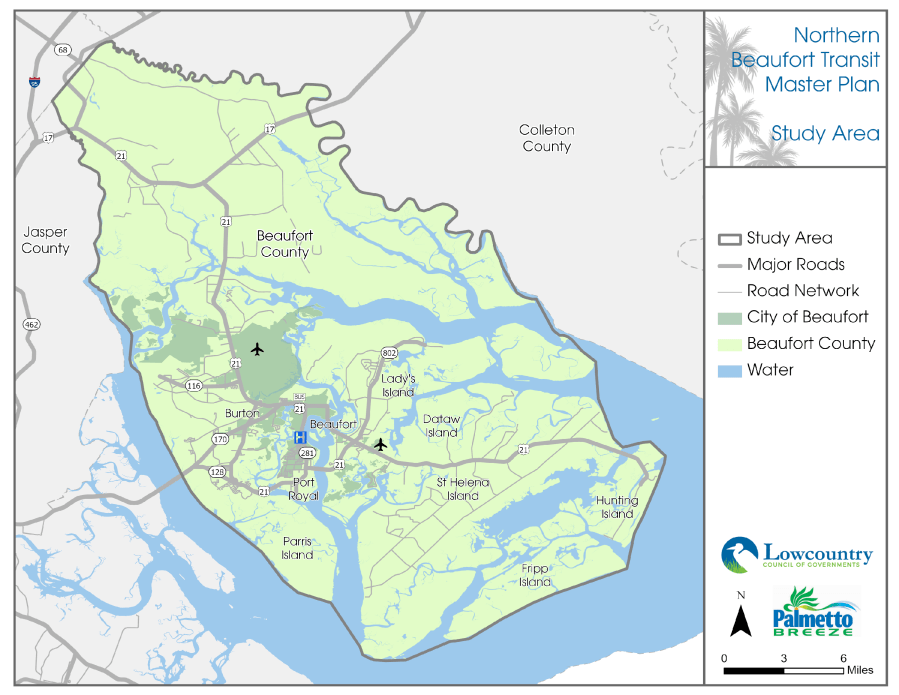Ants Modify Nests to Combat Epidemics, Inspiring Disease Control

Research indicates that certain ant species can modify their nest structures to prevent the spread of diseases. This fascinating behavior not only showcases the adaptability of these insects but also provides valuable insights that could inform human strategies for disease control.
A study from the University of California published in 2023 reveals that ants proactively alter their nest networks in response to potential epidemics. By reorganizing their living spaces, these ants create barriers that limit the transmission of pathogens among their colony members. This unique approach to disease prevention highlights the complex social behaviors present in ant communities.
The researchers observed that when a disease outbreak was detected within a colony, ants would engage in behaviors that effectively modified their nest architecture. These changes included the redistribution of nest material and the strategic placement of entrances and exits. Such actions not only help contain the spread of illness but also ensure that healthy ants can continue their essential activities, such as foraging and caring for larvae.
The implications of this research extend beyond the ant world. The study suggests that human societies could learn from these natural strategies. By understanding how ants manage their living environments to combat epidemics, public health officials might develop innovative methods for controlling disease outbreaks in human populations.
This research underscores the importance of studying insect behavior within ecological systems. The intricate social interactions and adaptive strategies of ants can serve as models for community-level responses to health crises. As scientists continue to explore these connections, the potential for cross-disciplinary applications grows, merging the fields of entomology and public health.
The findings also raise critical questions about the role of environmental factors in disease transmission. Understanding how ants respond to changes in their ecosystem may offer insights into the broader implications of habitat modification and climate change on disease dynamics in both wildlife and human populations.
As research evolves, the hope is that strategies derived from the behaviors of these remarkable insects can contribute to more effective public health interventions. Ants, often overlooked in discussions about disease control, may hold the key to innovative solutions that enhance our ability to manage epidemics.
In conclusion, the ability of ants to adapt their nests in response to potential disease threats presents a compelling case for the study of insect behavior in relation to human health. By learning from these natural systems, we can potentially improve our own methods of controlling diseases and safeguarding public health.






